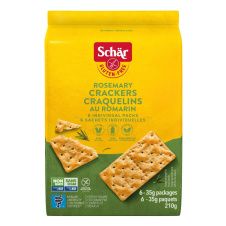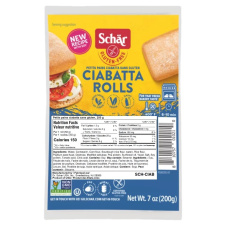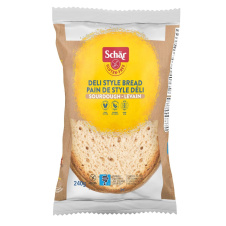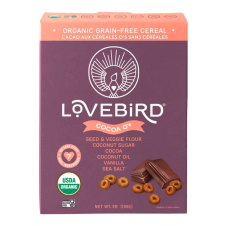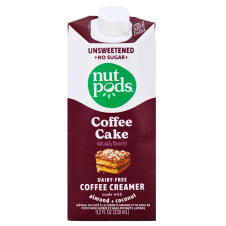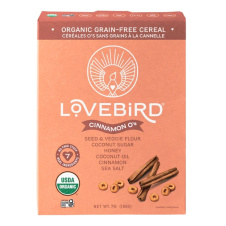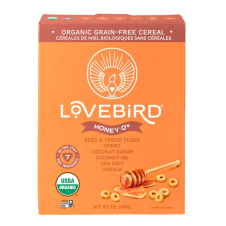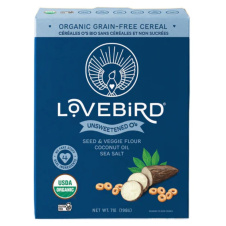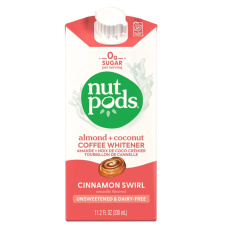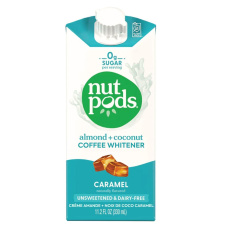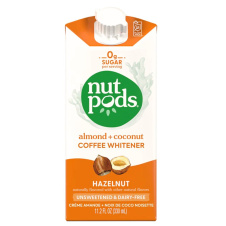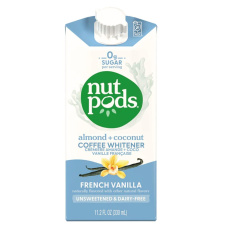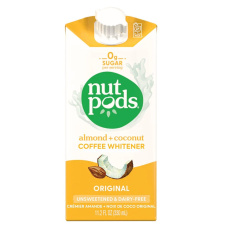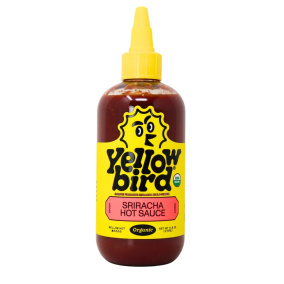
Gut-Healing Diets 101: Low-FODMAP vs. AIP Diet
It's no secret that gut health is super important for overall wellness. Our gut-healing diet guide helps you figure out what diet is best for you, and what to eat when you're trying to kickstart a healthier, happier gut!
Two diets, one goal: to heal your gut! The Low-FODMAP and Autoimmune Protocol (AIP) diets are two ways to help manage digestive issues. Both diets have been shown to improve symptoms such as bloating, gas, and constipation. But which diet is right for you? Here's what you need to know about each:
What is the Low-FODMAP diet?
The Low-FODMAP diet is a three-step elimination diet where you stop eating certain foods (high FODMAP foods), reintroduce them to see which ones are troublesome, and then avoid or limit those problematic foods while enjoying everything else worry-free.
The idea behind the low-FODMAP diet is that certain carbohydrates are difficult to digest or not tolerated well by those with digestive conditions (it’s often prescribed for people diagnosed with IBS and SIBO!). These compounds are fermentable oligosaccharides, disaccharides, monosaccharides, and polyols (FODMAPs). When these carbs are consumed, some people can experience symptoms like bloating, gas, abdominal pain and other digestive distress.
The diet requires that you pay close attention to what you eat. There are certain foods that are off-limits, and others that you need to eat in limited amounts. These carbs are found in many foods, including:
- Vegetables - artichokes, asparagus, garlic, onions, mushrooms
- Fruits - apples, cherries, dried fruits, peaches, pears, watermelon
- Dairy & Alternatives - milk, soybean, yogurt, ice cream
- Protein - legumes, some processed meats
- Breads - wheat/rye/barley-based products
- Sweeteners - high fructose corn syrup, honey, sugar alcohols (like xylitol, erythritol, and sorbitol)
- Nuts & Seeds - cashews, pistachios
Typically, the diet would be followed strictly for two to eight weeks. After that time, foods would slowly be added to help identify which are the major trigger foods. This will help you determine if you have food sensitivities or intolerances that need further treatment beyond dietary modifications alone.
What is the Autoimmune Protocol (AIP) diet?
The Autoimmune Protocol (AIP) diet focuses on eliminating foods that may cause inflammation in the gut. Using this diet has been shown to help with conditions such as rheumatoid arthritis and lupus, but it is also useful for other types of autoimmune disorders. It's meant to help heal the digestive system, reduce inflammation, and prevent flare-ups. The idea behind the AIP diet is that by eliminating inflammatory foods, we can reduce inflammation in our bodies and make our immune systems more balanced. Similar to the Low-FODMAP diet, the idea is to remove inflammatory foods from your diet for a few weeks and then add them back one at a time to see how your body reacts. This diet is not meant to be followed strictly for the long term; rather, it can be used to experiment with food sensitivities in order to help find what works best for your body.
The diet follows the Paleo diet template by focusing on eating organic and whole foods that are unprocessed but is much stricter. In addition to avoiding all grains, legumes and dairy products, there are several other restrictions on this diet:
- no nuts or seeds
- no nightshade vegetables like eggplant or tomatoes
- no artificial sweeteners like stevia or xylitol
- no alcohol
- no coffee (or any other caffeinated drinks)
- no artificial flavourings or colours either!
Conclusion
Both diets focus on consuming whole foods and eliminating processed foods. The AIP diet and low FODMAP diet have varying allowances for vegetables and herbs, as well as for fruits and nuts.
Both diets have been shown to help relieve gut symptoms, but they are very different diets with different recommended foods, so it's important to do your research to determine which one may be best for you. Many brands like BelliWelli and Lovebird, are dedicated to making gut-friendly products that make it easier for people on these diets to enjoy! Schär and Le Seltzer also have great pantry staples that are certified low-FODMAP and AIP-approved!
Overall, both the Low-FODMAP and AIP diet have a lot to offer. They can be used as a starting point for managing your gut health or even healing it completely. Each one has its own strengths and weaknesses, but both are helpful in their own way. The key is finding out which approach works best for you!




